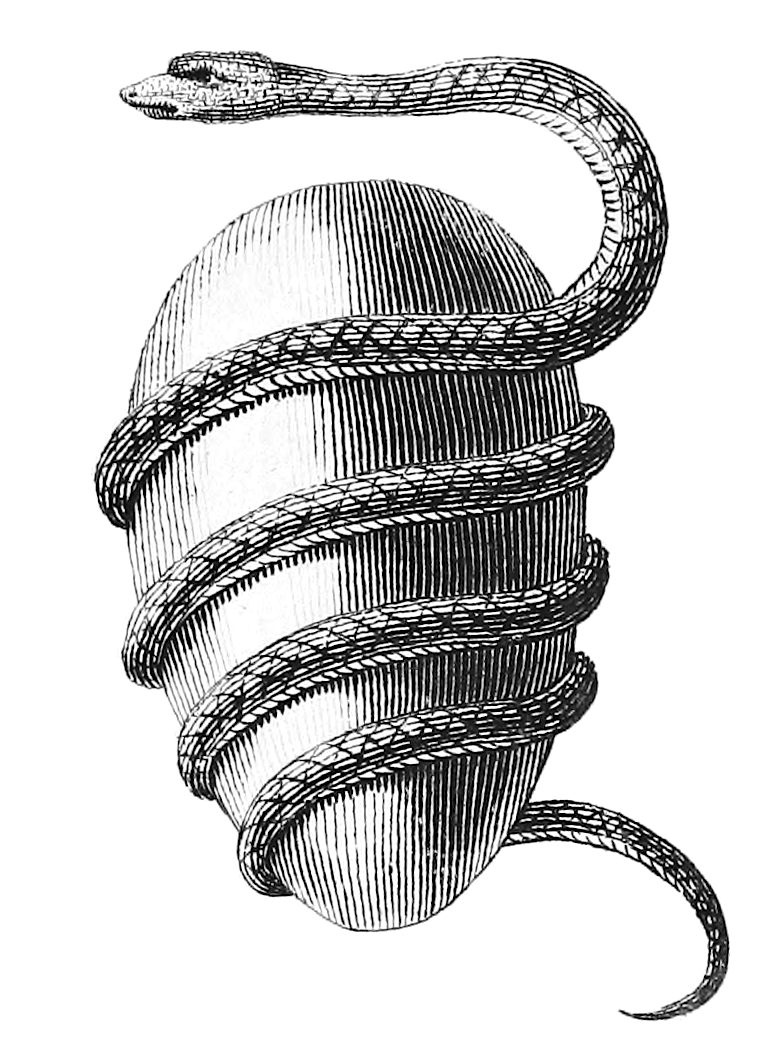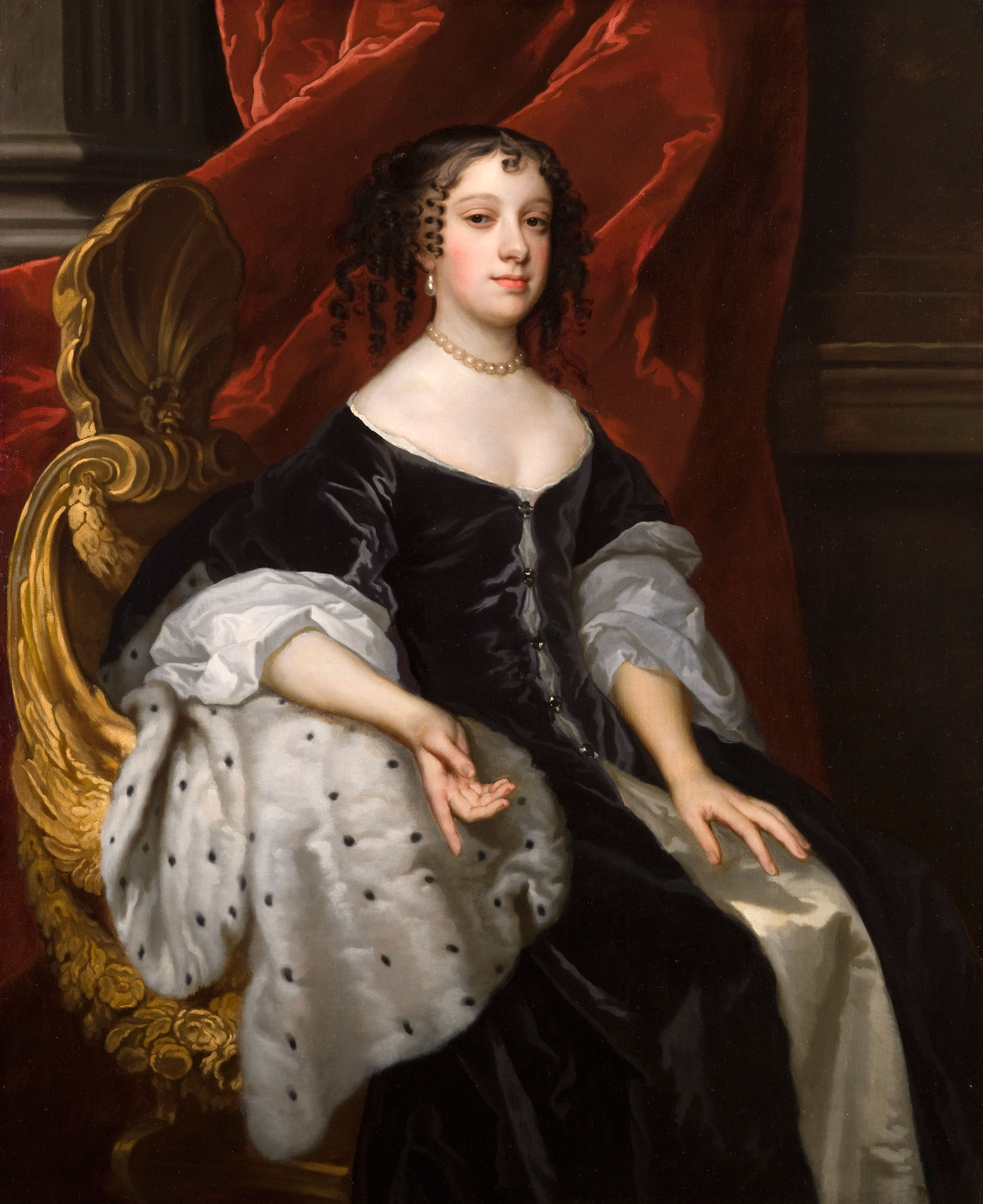|
Nycteïs
In Greek mythology, Nycteis (Ancient Greek: Νυκτηΐς means "daughter of night") was the daughter of Nycteus and Polyxo. She married the son of Cadmus and Harmonia, Polydorus, a Theban king and mother by him of Labdacus, king of Thebes.Apollodorus, 3.5.5 Notes Queens in Greek mythology References * Apollodorus Apollodorus (Ancient Greek, Greek: Ἀπολλόδωρος ''Apollodoros'') was a popular name in ancient Greece. It is the masculine gender of a noun compounded from Apollo, the deity, and doron, "gift"; that is, "Gift of Apollo." It may refer to: ..., ''The Library'' with an English Translation by Sir James George Frazer, F.B.A., F.R.S. in 2 Volumes, Cambridge, MA, Harvard University Press; London, William Heinemann Ltd. 1921. ISBN 0-674-99135-4Online version at the Perseus Digital Library. [...More Info...] [...Related Items...] OR: [Wikipedia] [Google] [Baidu] |
Polydorus (son Of Cadmus)
In Greek mythology, Polydorus or Polydoros (; grc, Πολύδωρος means 'many-gift d) was a king of Thebes. Family Polydorus was the youngest and only male child of Cadmus and Harmonia, his sisters were Autonoë, Ino, Agave and Semele. He was the father of Labdacus by Nycteïs, the daughter of Nycteus. Mythology Upon the death of Cadmus, Pentheus, the son of Echion and Agave, after banishing Polydorus ruled Thebes for a short time until Dionysus prompted Agave to kill Pentheus. Polydorus then succeeded Pentheus as king of Thebes and married Nycteïs. When their son Labdacus was still young, Polydorus died of unknown causes, entrusting his father-in-law Nycteus to care the infant prince and to be his regent. In Pausanias's history, Polydorus' rule began when his father abdicated the throne and together with his mother Harmonia migrated to the Illyrian tribe of the Enchelii, but this is the only source for such a timeline. It is also said that along with the thun ... [...More Info...] [...Related Items...] OR: [Wikipedia] [Google] [Baidu] |
Polyxo
Polyxo (; Ancient Greek: Πολυξώ ''Poluxṓ'') is the name of several figures in Greek mythology: *Polyxo, one of the 3,000 Oceanids, water-nymph daughters of the Titans Oceanus and his sister-wife Tethys. *Polyxo, one of the Hyades.''Hyginus, ''De'' ''Astronomica'' 2.21'' *Polyxo, a Naiad of the river Nile, presumably one of the daughters of the river-god Nilus. She was one of the wives of King Danaus of Libya and bore him twelve daughters: Autonoe, Theano, Electra, Cleopatra, Eurydice, Glaucippe, Anthelea, Cleodora, Euippe, Erato, Stygne, and Bryce. They married twelve sons of King Aegyptus of Egypt and Caliadne, Polyxo's sister, and murdered them on their wedding night. According to Hippostratus, Danaus had all of his progeny by a single woman, Europe, also daughter of Nilus. In some accounts, he married Melia, daughter of his uncle Agenor, king of Tyre. *Polyxo, mother of Antiope and possibly Nycteis by Nycteus. *Polyxo, mother of Actorion. She came to invi ... [...More Info...] [...Related Items...] OR: [Wikipedia] [Google] [Baidu] |
Labdacus
In Greek mythology, Labdacus ( grc, Λάβδακος, ''Lábdakos'') was the only son of Polydorus and a king of Thebes. Labdacus was a grandson of Thebes' founder, Cadmus. His mother was Nycteïs, daughter of Nycteus. Mythology Polydorus died while Labdacus was a young child, leaving Nycteus as his regent, although Lycus soon replaced him in that office. When Labdacus had grown, he ruled Thebes for a short time. He died while he was still young, after he lost a war with the king of Athens, Pandion, over their borders. Apollodorus writes that he, like his cousin Pentheus, was ripped apart by women in a bacchic frenzy for disrespect to the god Dionysus.'' Bibliotheca'' 3.5.5. Lycus became regent once more after his death, this time for Labdacus' son, Laius. His descendants were called the ''Labdacids'', and included his son Laius, who fathered Oedipus; Oedipus' children were Polynices, Eteocles, Antigone, and Ismene. Family tree of Theban Royal House Notes Referen ... [...More Info...] [...Related Items...] OR: [Wikipedia] [Google] [Baidu] |
Greek Mythology
A major branch of classical mythology, Greek mythology is the body of myths originally told by the Ancient Greece, ancient Greeks, and a genre of Ancient Greek folklore. These stories concern the Cosmogony, origin and Cosmology#Metaphysical cosmology, nature of the world, the lives and activities of List of Greek mythological figures, deities, Greek hero cult, heroes, and List of Greek mythological creatures, mythological creatures, and the origins and significance of the ancient Greeks' own cult (religious practice), cult and ritual practices. Modern scholars study the myths to shed light on the religious and political institutions of ancient Greece, and to better understand the nature of myth-making itself. The Greek myths were initially propagated in an oral tradition, oral-poetic tradition most likely by Minoan civilization, Minoan and Mycenaean Greece, Mycenaean singers starting in the 18th century BC; eventually the myths of the heroes of the Trojan War and its after ... [...More Info...] [...Related Items...] OR: [Wikipedia] [Google] [Baidu] |
Ancient Greek
Ancient Greek includes the forms of the Greek language used in ancient Greece and the ancient world from around 1500 BC to 300 BC. It is often roughly divided into the following periods: Mycenaean Greek (), Dark Ages (), the Archaic period (), and the Classical period (). Ancient Greek was the language of Homer and of fifth-century Athenian historians, playwrights, and philosophers. It has contributed many words to English vocabulary and has been a standard subject of study in educational institutions of the Western world since the Renaissance. This article primarily contains information about the Epic and Classical periods of the language. From the Hellenistic period (), Ancient Greek was followed by Koine Greek, which is regarded as a separate historical stage, although its earliest form closely resembles Attic Greek and its latest form approaches Medieval Greek. There were several regional dialects of Ancient Greek, of which Attic Greek developed into Koine. Dia ... [...More Info...] [...Related Items...] OR: [Wikipedia] [Google] [Baidu] |
Robert Graves
Captain Robert von Ranke Graves (24 July 1895 – 7 December 1985) was a British poet, historical novelist and critic. His father was Alfred Perceval Graves, a celebrated Irish poet and figure in the Gaelic revival; they were both Celticists and students of Irish mythology. Graves produced more than 140 works in his lifetime. His poems, his translations and innovative analysis of the Greek myths, his memoir of his early life—including his role in World War I—''Good-Bye to All That'', and his speculative study of poetic inspiration ''The White Goddess'' have never been out of print. He is also a renowned short story writer, with stories such as "The Tenement" still being popular today. He earned his living from writing, particularly popular historical novels such as ''I, Claudius''; '' King Jesus''; ''The Golden Fleece''; and ''Count Belisarius''. He also was a prominent translator of Classical Latin and Ancient Greek texts; his versions of ''The Twelve Caesars'' and ... [...More Info...] [...Related Items...] OR: [Wikipedia] [Google] [Baidu] |
The Greek Myths
''The Greek Myths'' (1955) is a mythography, a compendium of Greek mythology, with comments and analyses, by the poet and writer Robert Graves. Many editions of the book separate it into two volumes. Abridged editions of the work contain only the myths and leave out Graves's commentary. Each myth is presented in the voice of a narrator writing under the Antonines, such as Plutarch or Pausanias, with citations of the classical sources. The literary quality of his retellings is generally praised. Following each retelling, Graves presents his interpretation of its origin and significance, influenced by his belief in a prehistoric Matriarchal religion, as discussed in his book ''The White Goddess'' and elsewhere. Graves's theories and etymologies are rejected by most classical scholars. Graves argued in response that classical scholars lack "the poetic capacity to forensically examine mythology". Contents Graves interpreted Bronze Age Greece as changing from a matriarchal society ... [...More Info...] [...Related Items...] OR: [Wikipedia] [Google] [Baidu] |
Nycteus
In Greek mythology, Nycteus (; el, Νυκτεύς, Nukteús, nocturnal) was a king of Thebes. His rule began after the death of Polydorus, and ended when he was succeeded by his brother Lycus. Family Nycteus and his brother Lycus were the sons of either Chthonius, one of the Spartoi,Apollodorus, 3.5.5 or of the nymph Clonia and Hyrieus, the son of Poseidon and the Atlantid Alkyone, or of Poseidon and the Pleiad Celaeno. Nycteus had two daughters by Polyxo, Nycteis and Antiope. Mythology The Nycteus and Lycus fled from Euboea after they murdered King Phlegyas, settling in Hyria and then moving to Thebes, because they were friends with Pentheus, its king. Nycteus's daughter, Nycteis married Polydorus, who was the successor of Pentheus, and their son was Labdacus. However, Pentheus and Polydorus both died soon after, and Nycteus became regent for Labdacus. After Antiope was impregnated by Zeus and fled to marry king Epopeus in Sicyon, the '' Bibliotheca'' reports that Nycteu ... [...More Info...] [...Related Items...] OR: [Wikipedia] [Google] [Baidu] |
Cadmus
In Greek mythology, Cadmus (; grc-gre, Κάδμος, Kádmos) was the legendary Phoenician founder of Boeotian Thebes. He was the first Greek hero and, alongside Perseus and Bellerophon, the greatest hero and slayer of monsters before the days of Heracles. Commonly stated to be a prince of Phoenicia, the son of king Agenor and queen Telephassa of Tyre, the brother of Phoenix, Cilix and Europa, Cadmus could trace his origins back to Zeus. Originally, he was sent by his royal parents to seek out and escort his sister Europa back to Tyre after she was abducted from the shores of Phoenicia by Zeus. In early accounts, Cadmus and Europa were instead the children of Phoenix.Scholia on Homer, ''Iliad'' B, 494, p. 80, 43 ed. Bekk. as cited in Hellanicus' ''Boeotica'' Cadmus founded the Greek city of Thebes, the acropolis of which was originally named ''Cadmeia'' in his honour. Cadmus' homeland was the subject of significant disagreement among ancient authors. Apollodorus identi ... [...More Info...] [...Related Items...] OR: [Wikipedia] [Google] [Baidu] |
Harmonia
In Greek mythology, Harmonia (; grc, Ἁρμονία / harmoˈnia/, "harmony", "agreement") is the immortal goddess of harmony and concord. Her Roman counterpart is Concordia. Her Greek opposite is Eris, whose Roman counterpart is Discordia. Family According to one account, she is the daughter of Ares and Aphrodite.Scholia on Homer, ''Iliad'' B, 494, p. 80, 43 ed. Bekk. as cited in Hellanicus' ''Boeotica'' By another account, Harmonia was from Samothrace and was the daughter of Zeus and Electra, her brother Iasion being the founder of the mystic rites celebrated on the island. Almost always, Harmonia is the wife of Cadmus. With Cadmus, she was the mother of Ino, Polydorus, Autonoë, Agave, and Semele. Their youngest son was Illyrius. Mythology Those who described Harmonia as a Samothracian related that Cadmus, on his voyage to Samothrace, after being initiated in the mysteries, perceived Harmonia and carried her off with the assistance of Athena. When Cadmus ... [...More Info...] [...Related Items...] OR: [Wikipedia] [Google] [Baidu] |
Bibliotheca (Pseudo-Apollodorus)
The ''Bibliotheca'' (Ancient Greek: grc, Βιβλιοθήκη, lit=Library, translit=Bibliothēkē, label=none), also known as the ''Bibliotheca'' of Pseudo-Apollodorus, is a compendium of Greek myths and heroic legends, arranged in three books, generally dated to the first or second century AD. The author was traditionally thought to be Apollodorus of Athens, but that attribution is now regarded as false, and so "Pseudo-" was added to Apollodorus. The ''Bibliotheca'' has been called "the most valuable mythographical work that has come down from ancient times." An epigram recorded by the important intellectual Patriarch Photius I of Constantinople expressed its purpose:Victim of its own suggestions, the epigraph, ironically, does not survive in the manuscripts. For the classic examples of epitomes and encyclopedias substituting in Christian hands for the literature of Classical Antiquity itself, see Isidore of Seville's ''Etymologiae'' and Martianus Capella. It has the follo ... [...More Info...] [...Related Items...] OR: [Wikipedia] [Google] [Baidu] |
Queens In Greek Mythology
Queens is a borough of New York City, coextensive with Queens County, in the U.S. state of New York. Located on Long Island, it is the largest New York City borough by area. It is bordered by the borough of Brooklyn at the western tip of Long Island to its west, and Nassau County to its east. Queens also shares water borders with the boroughs of Manhattan, the Bronx, and Staten Island (via the Rockaways). With a population of 2,405,464 as of the 2020 census, Queens is the second most populous county in the State of New York, behind Kings County (Brooklyn), and is therefore also the second most populous of the five New York City boroughs. If Queens became a city, it would rank as the fifth most-populous in the U.S. after New York City, Los Angeles, Chicago, and Houston. Approximately 47% of the residents of Queens are foreign-born. Queens is the most linguistically diverse place on Earth and is one of the most ethnically diverse counties in the United States. Queens was establ ... [...More Info...] [...Related Items...] OR: [Wikipedia] [Google] [Baidu] |





